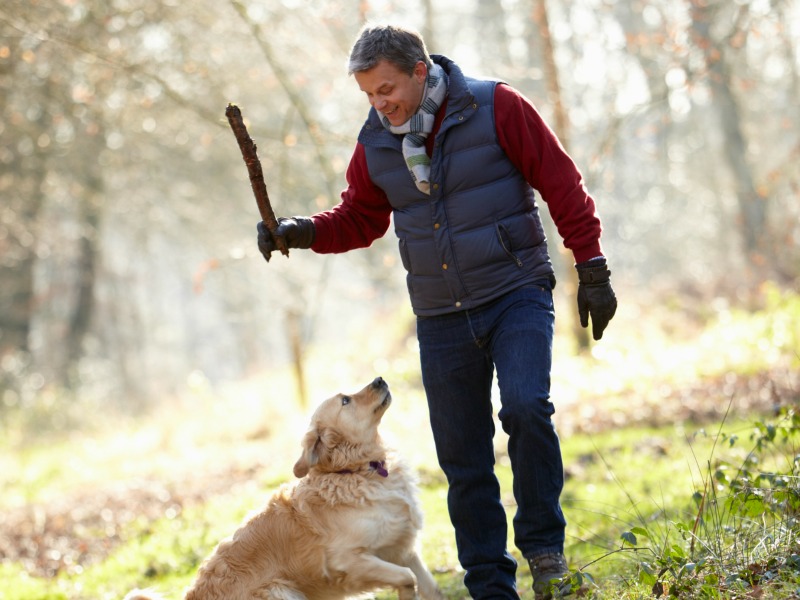Retirement is supposed to be the time to enjoy rest after all those years of toil. But aging and retirement bring their own stressors, including financial worries, age-related health problems and a major transition in identity.
Researchers are still figuring out exactly how stress affects the body, but interesting developments have been made involving telomeres, the genetic material that protects your cells. As people age, telomeres shorten. According to the American Institute of Stress, chronic stress speeds up this decline, leading to cellular aging and possibly making you more susceptible to cancer and other diseases.
So managing stress is crucial. But how?
Meditation
Meditation reduces stress because meditators learn to become less reactive to their thoughts. Instead of getting increasingly spun out about your worries, “you have space to consider your reaction rather than being led by those thoughts,” says Leo Babauta, founder of zenhabits.net and author of several books on meditation. He recommends starting with as little as two minutes a day of simply meditating on breath. Various studies have found that seniors who meditate are less lonely and may decrease their risk of developing Alzheimer’s disease.
Exercise
Exercise boosts the release of endorphins, those neurotransmitters in your brain that make you feel good. Regular exercise also boosts self-confidence, improves sleep and lowers your risk for depression and anxiety, according to the Mayo Clinic. Just be sure to pick activities you enjoy, whether that means swimming, walking or square dancing.
Nature
The Japanese have a poetic name for the soothing effects of escaping the city for nature: Shinrinyoku, or forest bathing. Dr. Qing Li, president of the Japanese Society of Forest Medicine, has conducted several studies on forest bathing’s efficacy. His results suggest that time in nature increases vigor while reducing feelings of anxiety, anger and depression.
Human Contact
Feeling like you must be totally self-reliant is stressful. Most people feel better when they spend time with other people, whether in a recreational activity or a heart-to-heart talk. Human touch is also important. Many seniors, especially if they’re single or widowed, have few opportunities for touch. So hug a friend or, if it’s in your budget, get a massage. Nathalie Longpre, who owns several spas in Quebec City, Quebec, believes in the power of touch and connection. “People come here to have somebody take care of them,” she says. “Human contact is important.”
Learn to Say “No”
Once you retire, some relatives and friends might see your stretches of free time as very convenient. For them. They may expect taxi service, endless supervision of your grandkids or other favors. Honestly assess how much time and energy you are willing to devote to these tasks. Sure, you probably want to help out in a pinch. But if you are too accommodating, others will take advantage of you and you’ll build up resentments against them. Good boundaries make good relationships, and keeps stress to a manageable level.


